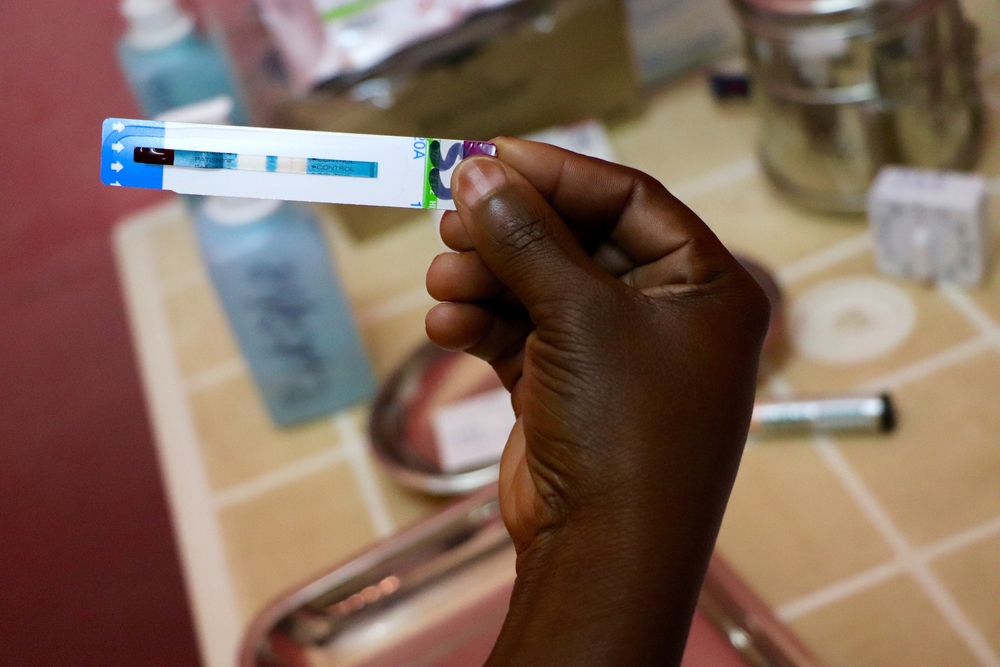
[ad_1]
Critical Gaps in the HIV Response
Increasing HIV testing and viral load control are important elements of the HIV response, but other key elements remain neglected: retention in HIV care, management of treatment failures and prevention, detection and control. management of AIDS-related diseases.
Although viral load monitors the success of treatment, access to the CD4 test remains essential for determining the presence of AIDS and triggering life-saving treatment for opportunistic infections.
This means that continued resources and attention to support people living with HIV in the face of life-long challenges are essential, as well as the systematic detection and treatment of AIDS at all levels.
Financing in contradiction with ambitious global goals
The UNAIDS report also fails to highlight the serious funding gaps and challenges that skew the HIV response.
This selective silence may suggest that "everything is fine" as the effects of reduced funding in the international donor landscape are now being felt in several countries where MSF works. This runs counter to the ambitious global goals of controlling the HIV epidemic.
The countries of West and Central Africa, where nearly 30% of AIDS-related deaths occur, are facing a major general funding gap, the resources needed to implement the accelerated approach being 81 % higher than the amounts available in 2017.
This is in direct contrast to recently adopted acceleration plans that require a rapid scale up.
The Central African Republic and Guinea are facing a funding gap for antiretroviral therapy in their allocations to the Global Fund for 2018-2020. Without additional resources, these countries will be forced to reduce launch rates instead of accelerating the necessary urgent enlargement.
In Mozambique, the implementation of the Mexico City policy by the US administration has indirectly affected and disrupted HIV services for the most vulnerable.
Zimbabwe predicts a deficit of $ 85 million for the 2020 period in terms of its projected need for ART.
Urgent action is needed to stop the epidemic and reduce senseless loss of life
UNAIDS needs to shed light on these gaps and lead international donor engagement where additional resources are needed.
Countries can not be left behind with the impossible choice of rationing or slowing down life-saving prevention, treatment and care services.
Instead of rhetorical promises for better global health while reducing their contributions, donors need to step up their commitments, including the replenishment of the Global Fund.
The subsequent refusal to initiate treatment, uninterrupted treatment, early detection and adequate care for AIDS-related illnesses in people living with HIV will result in more deaths, not less.
Source link